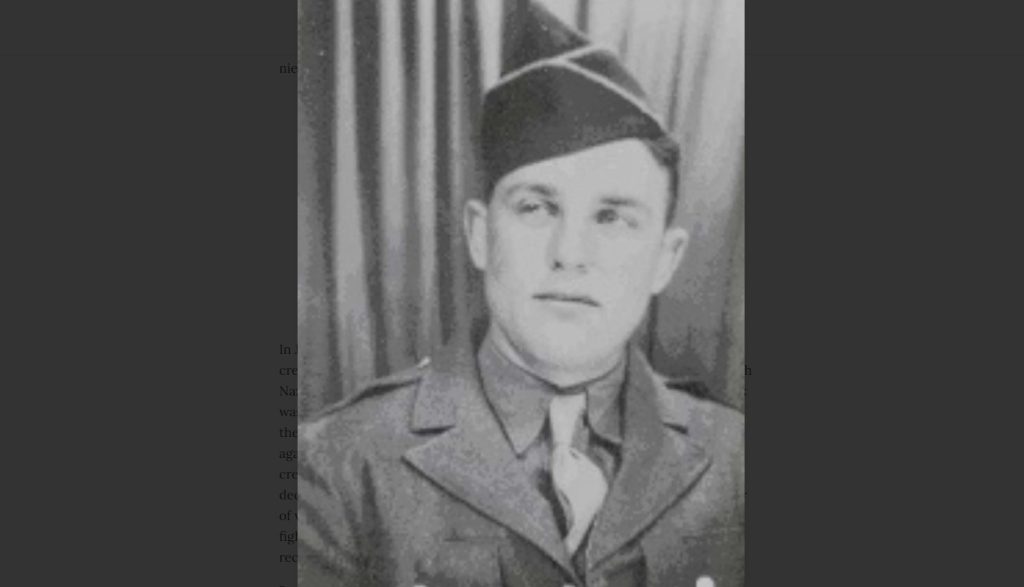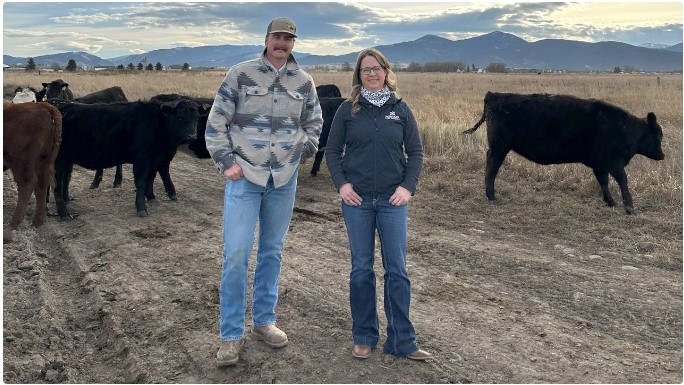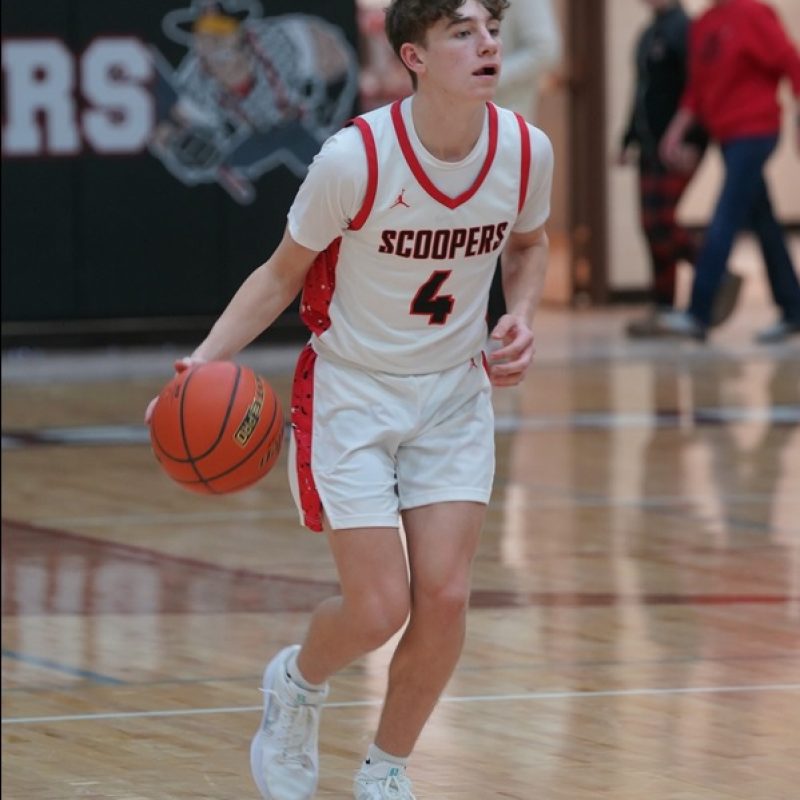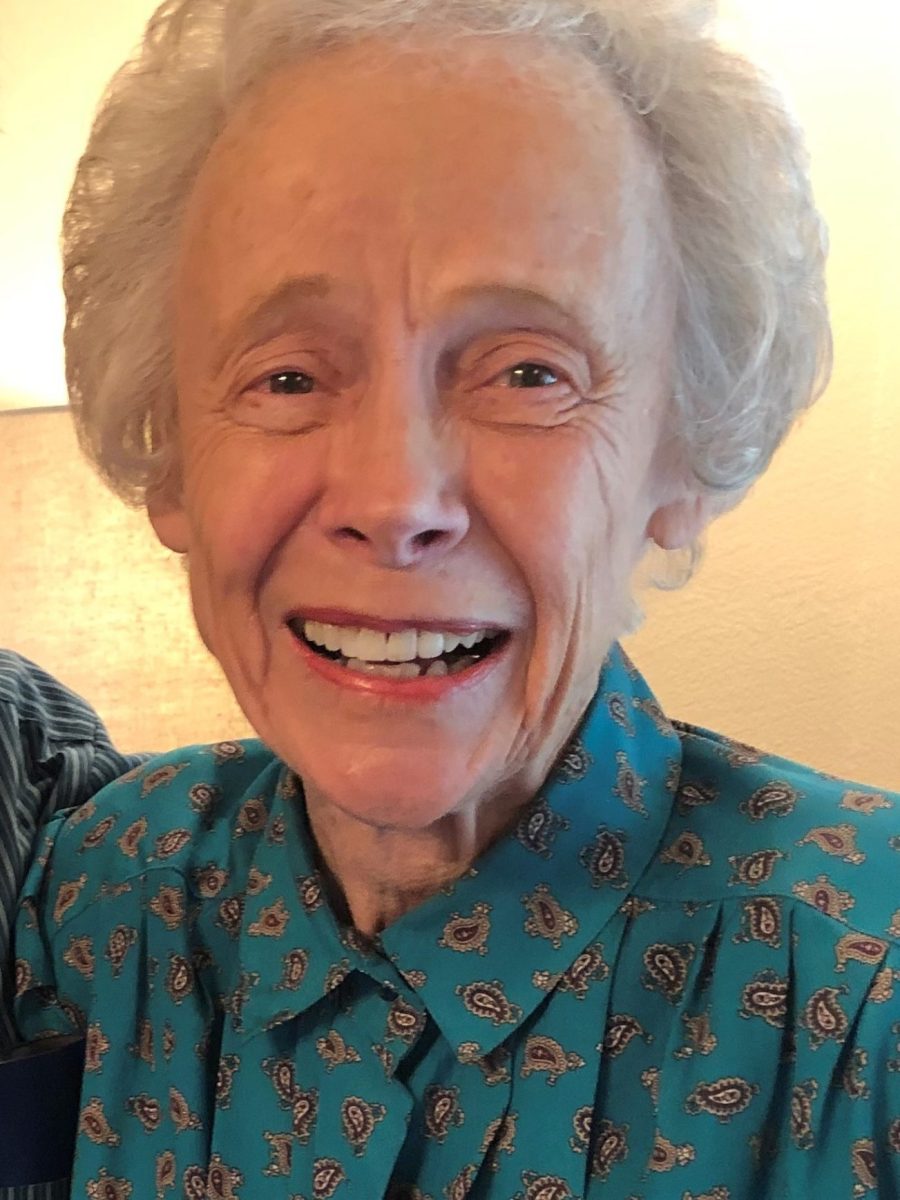BOZEMAN, MT – An innovative program was started a few years ago at Montana State University (MSU) in Bozeman, Mont. to help prepare students who are military Veterans for a career in agriculture.
The program evolved under MSU’s new degree program in the College of Agriculture, which was created in 2020 and now includes student Veterans who are drawn to the ranching industry.
The Dan Scott Ranch Management Program offers a Bachelor of Science in ranching systems, and connects students with ranches across the West that are seeking seasonal and full-time employees.
The program now has 31 enrolled students in the Department of Animal and Range Sciences and four of them are Veterans.
Range 2 Range Program
Rachel Frost, leader of the Dan Scott Ranch Management Program, is working with several partners in the Range 2 Range Program. The name Range 2 Range was derived from military personnel spending time on a “range” during training and combat, then transitioning to time on the rangelands of Western ranches.
This new program recruits Veterans and helps them gain experience by working on ranches.
Ben Minden is one of the partners in the Range 2 Range program.
He operates Bear Hug Cattle Company, a nonprofit which helps Veterans gain hands-on skills needed to make a career in ranching. His goal is to provide Veterans with resources and knowledge to be successful in ranching.
Minden specializes in giving them fundamental horsemanship training, followed by eight weeks of on-the-job training on ranches across the West.
Bear Hug Cattle Company
Minden grew up in New Jersey and joined the Army when he was 18. He went to the U.S. Military Academy at West Point and became an infantry officer, serving in the 101st Airborne Division and Third Ranger Battalion.
“I served in Iraq and Afghanistan and then came out of the military and worked on ranches in Wyoming, Montana and Colorado,” he shares. “I fell in love with ranching and decided to start a program called Bear Hug Cattle Company to help Veterans who are transitioning out of the military to get their first jobs in the ranching industry.”
“We put on a 10-week-long training program in the summer, and we take four Veterans at a time to give them as many kinds of vocational resources as we can to help them on their first jobs,” he continues. “We also run a cattle company in Wilsall, Mont. where we do a lot of training.”
Minden is passionate about the Range 2 Range Program and excited to be a part of it. He notes 2024 will be the fifth year of the program’s existence.
“Our partnership with the Range 2 Range Program is based on what the Veterans want to do. If someone comes through our program who wants to pursue higher education, we have a connection with the Dan Scott Ranch Management Program to help them do this,” he explains. “Similarly, if someone in the ranch management program at MSU wants to get more hands-on training, we can provide that as well.”
“We hope we can provide free labor for the ranches we work with in this Veteran program. They are helping us, and we are helping them,” Minden adds.
Minden points out some of the Veterans coming out of the military are attracted to farming and ranching as their next career.
“We think it’s a great fit for people coming out of the military because it is outdoor work, it is challenging and it is mission-driven,” he states. “It is also very team-oriented and involved with the community. It is very similar to work in the military. We’ve found Veterans really enjoy it, and this gives them hope for life after the military.”
The work ethic and responsibility individuals gain in the military also serves them very well in agriculture, and ranchers appreciate being able to employ someone a bit more mature and reliable than some of the other help they might find.
“Our goal is to produce very high-quality workers with good character and drive. They fit in very quickly once they learn the necessary skills,” says Minden.

Other partners and opportunities
Minden shares the Range 2 Range Program partners with three main ranches in two Western states.
“One is Little Belt Cattle Company here in Montana. It was started by retired Navy SEAL Greg Putnam,” he says. “Another one is the ID Ranch with Cody and Tori Harris in Sinclair. They are great partners and go out of their way to help us. They are a large cow/calf ranch started in the late 1860s and is the oldest family-owned ranch in Wyoming that has not changed hands.”
The third ranch, according to Minden, is Across Jordan Cattle Company in Walden, Colo., owned and operated by B.J. and Janet Jordan. The Jordons operate Across Jordan Cattle Company in Missouri and Colorado and are the founders of Crossroads Horse Ministry.
“These are the three main ranches that we train on, and they are all amazing partners,” Minden says. “There are also five or six other ranches we work with. Most of them are cow/calf operations, but some are yearling operations.”
There are several other members of the team helping to place Veterans on ranches in the Range 2 Range Program. Leif Ibsen of Montana Opportunities for Veterans Everywhere, is a retired Army lieutenant colonel and creates SkillBridge opportunities for Veterans on ranches across the West.
“The Department of Defense SkillBridge is a military transition program for military service members who are leaving active service and becoming civilians again. It allows them to work with an employer during their last 180 days of military service,” Ibsen says.
“The typical number of days for our internships under the SkillBridge program is 90 to 120 days, but there are times when a service member can participate for a full 180 days,” he adds.
Ibsen explains while service members are in the SkillBridge program, they are still considered present for duty in the military, even though they are working for a civilian employer.
“So, they continue to draw full military pay and entitlements as well as being covered under the military health care system,” Ibsen says. “If they get injured while working with an employer, they are covered under the military, rather than the employer’s health insurance. The employer does not pay any wages or salary to the service member during this internship.”
Another benefit for employers is if the service member is a good fit, based on personality and performance, they can offer the Veteran permanent employment at any time during SkillBridge, but the service member can’t become a paid employee until the end of the program.
“All employers I work with are doing this to provide SkillBridge opportunities with an intent to provide permanent employment. This is ideally the best way for the Veteran to work with an employer who has a vacancy that needs to be filled,” Ibsen says.
Learning Environment
“We are looking for ranches that need help but also have a good learning environment, are willing to teach someone, and interested in hosting SkillBridge people,” says Frost.
“Our objective with Range 2 Range is to create a public/private partnership to create and manage a functioning SkillBridge Program, support veterans in obtaining basic ranch skills, support veterans seeking higher education in ranching and agriculture, help connect veterans with full-time jobs in ranching and agriculture, and provide training and support to ranches that are employing, or seek to employ veterans in the future,” she says. The advantage with SkillBridge is that veterans could be available nearly any time of year because it lines up with whenever a service member is separating from the military.”
This is a win-win, say organizers. With record numbers of veterans leaving the military after relatively short periods of service, we need more resources to help these young people have smooth transition back to civilian life. Farms and ranches are in desperate need of good employees, and these veterans have the maturity, people skills, and management training provided by the military—which can make a perfect fit.
.












